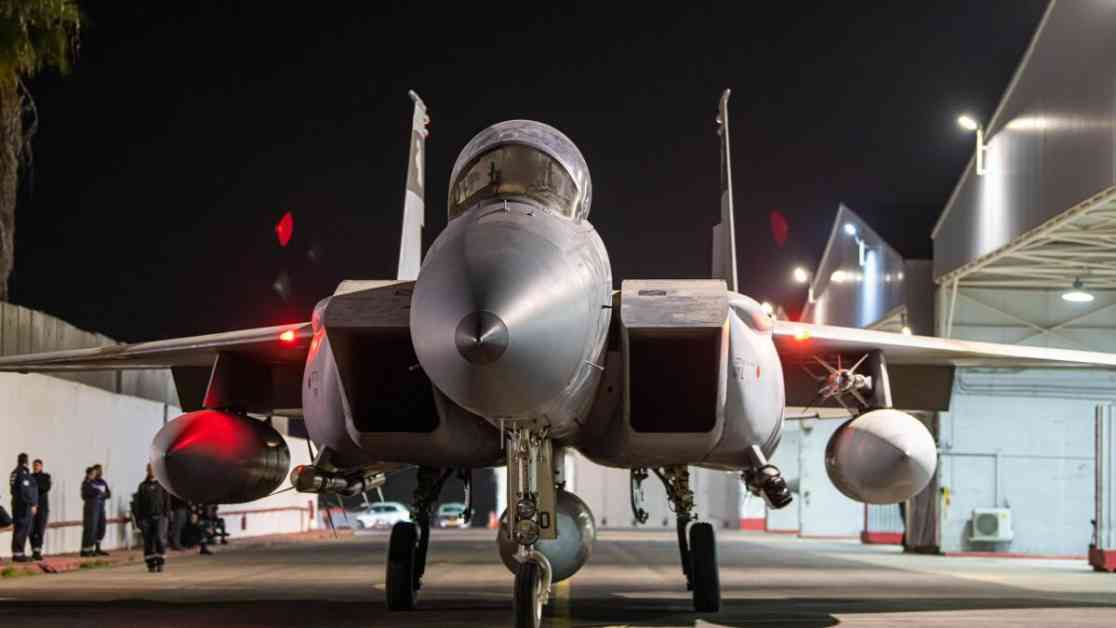Israel’s recent military strikes on Iranian military bases were met with a sense of inevitability in the region. The retaliation came after Iran launched hundreds of ballistic missiles towards Israel in response to the assassinations of key Hamas and Hezbollah leaders. Israeli Prime Minister Benjamin Netanyahu and Defense Minister Yoav Gallant had been preparing for this response, with the promise of a lethal and precise strike.
The Israeli operation involved multiple waves of airstrikes against Iranian military facilities across three provinces, lasting several hours and resulting in casualties on the Iranian side. Despite the clear military action taken by Israel, many questions remain unanswered by officials from all sides involved.
One pressing question is whether this latest exchange marks the end of hostilities between Israel and Iran. The Biden administration is hopeful that this will be the case, but history has shown that tensions can quickly escalate again, as seen with previous rounds of conflict between the two countries. As long as Israel continues its campaign against Iran’s proxy militias in the region, further confrontations remain a possibility.
Another question that arises is whether the U.S. should take a stronger stance against Netanyahu’s government. While there have been calls for the U.S. to reconsider its support for Israel, particularly in light of the humanitarian crisis in Gaza, the Biden administration has maintained a more diplomatic approach. However, discussions behind the scenes may have influenced Israel’s decision to avoid targeting certain key Iranian facilities, in line with Washington’s concerns.
The final question is whether Iran will respond to Israel’s strikes. While Iranian officials had previously warned of stronger retaliation, the response from Tehran has been relatively muted. This could indicate a desire to deescalate the situation and avoid further conflict, given the challenges facing the Iranian economy and the risk of drawing the U.S. into a direct war.
Overall, while Israel’s recent operation against Iran achieved its objectives of demonstrating military power without provoking a significant Iranian response, the underlying tensions and unresolved questions in the region suggest that further conflicts are still possible. The delicate balance of power and the complex dynamics between the U.S., Israel, and Iran continue to shape the Middle East conflict landscape, leaving room for continued uncertainty and potential escalation in the future.



























